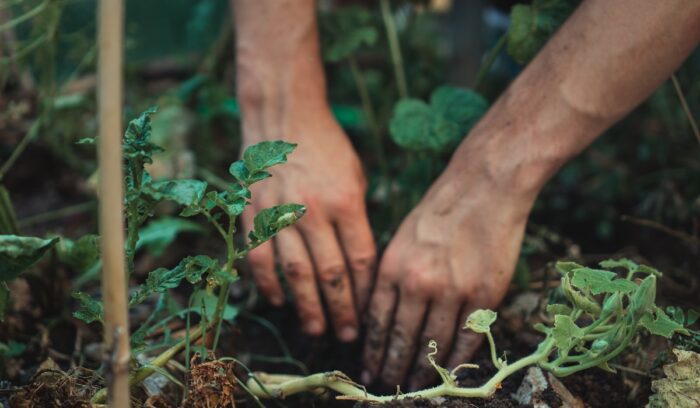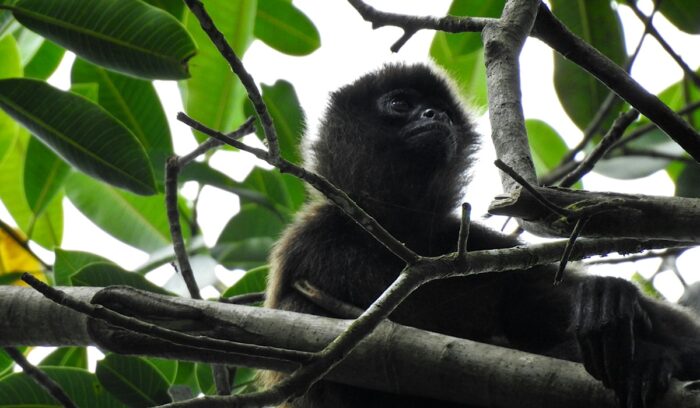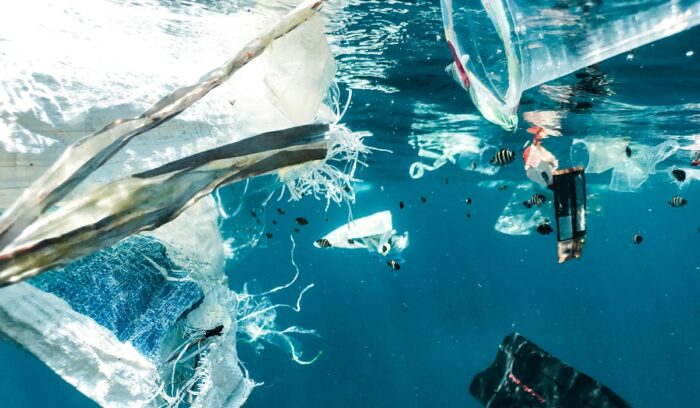Wild horses return to Kazakhstan steppes after two-century absence
The seven horses, four mares from Berlin and a stallion and two other mares from Prague, were flown to the central Asian country on a Czech air force transport plane. The wild horses, known as Przewalski’s horses, once roamed the vast steppe grasslands of central Asia, where horses are believed to have been first domesticated about 5,500 years ago.










